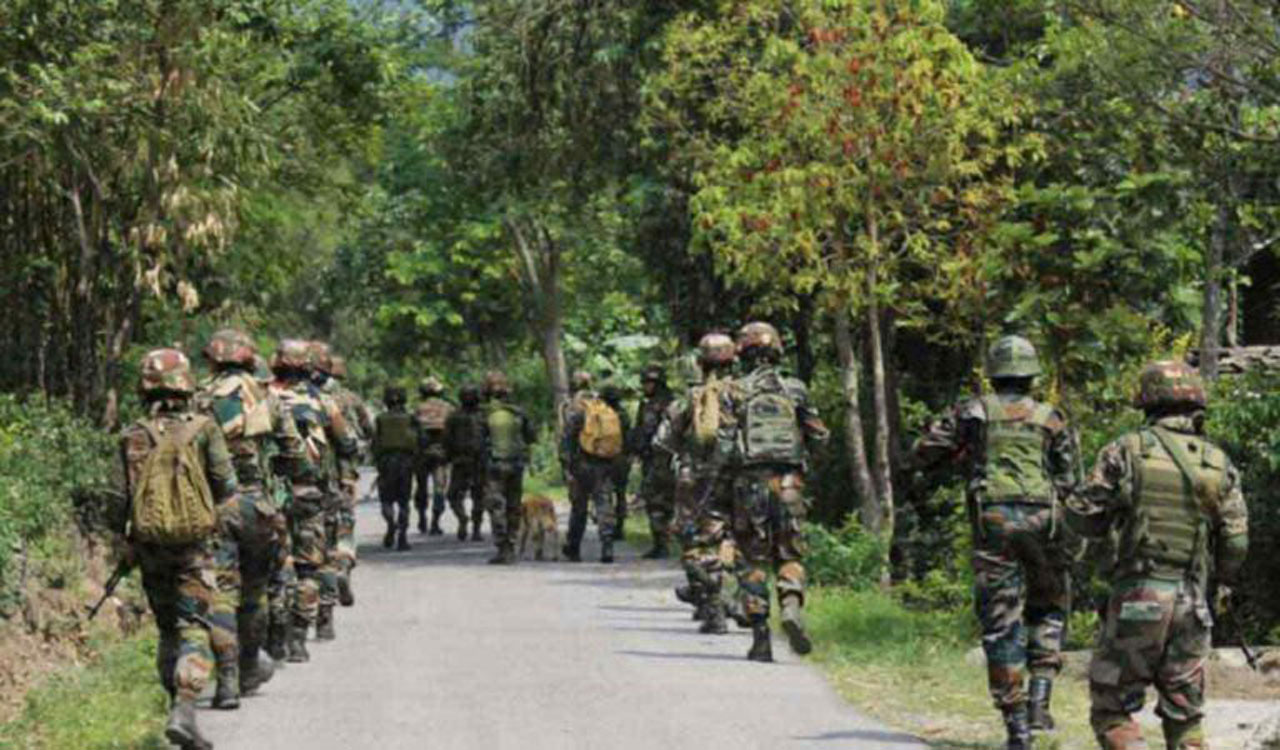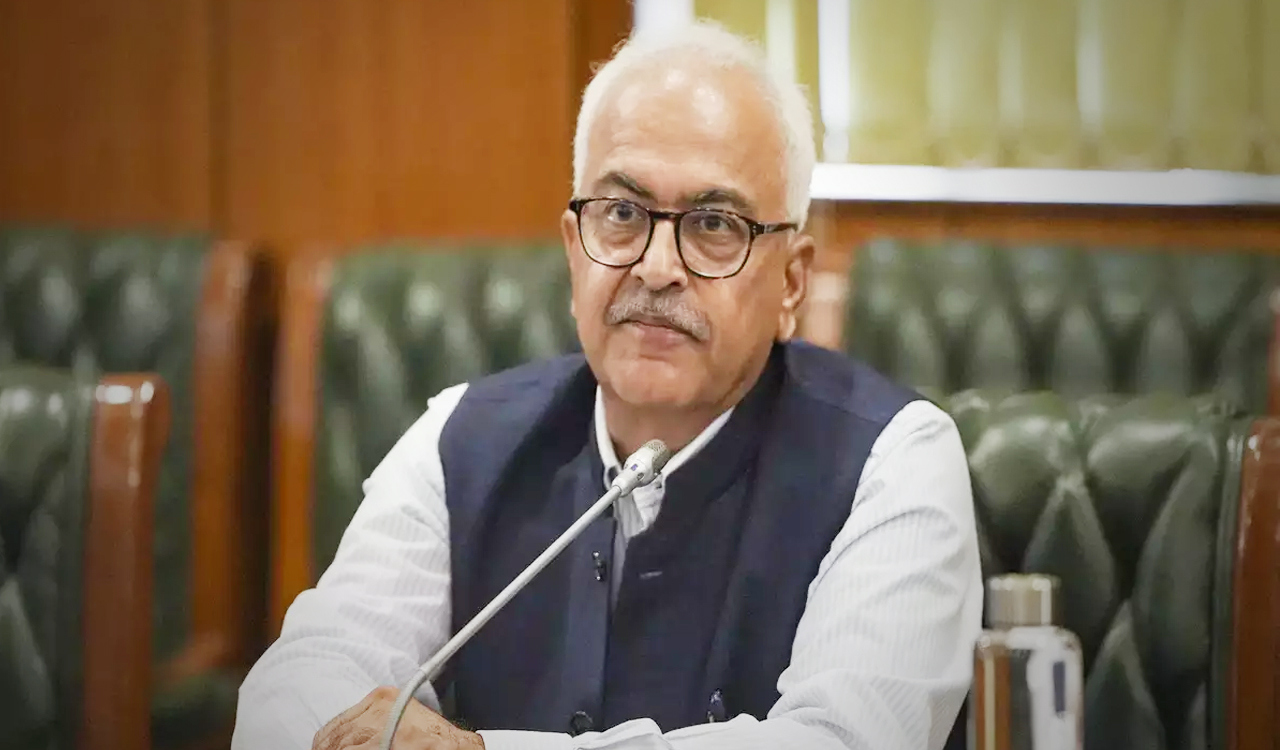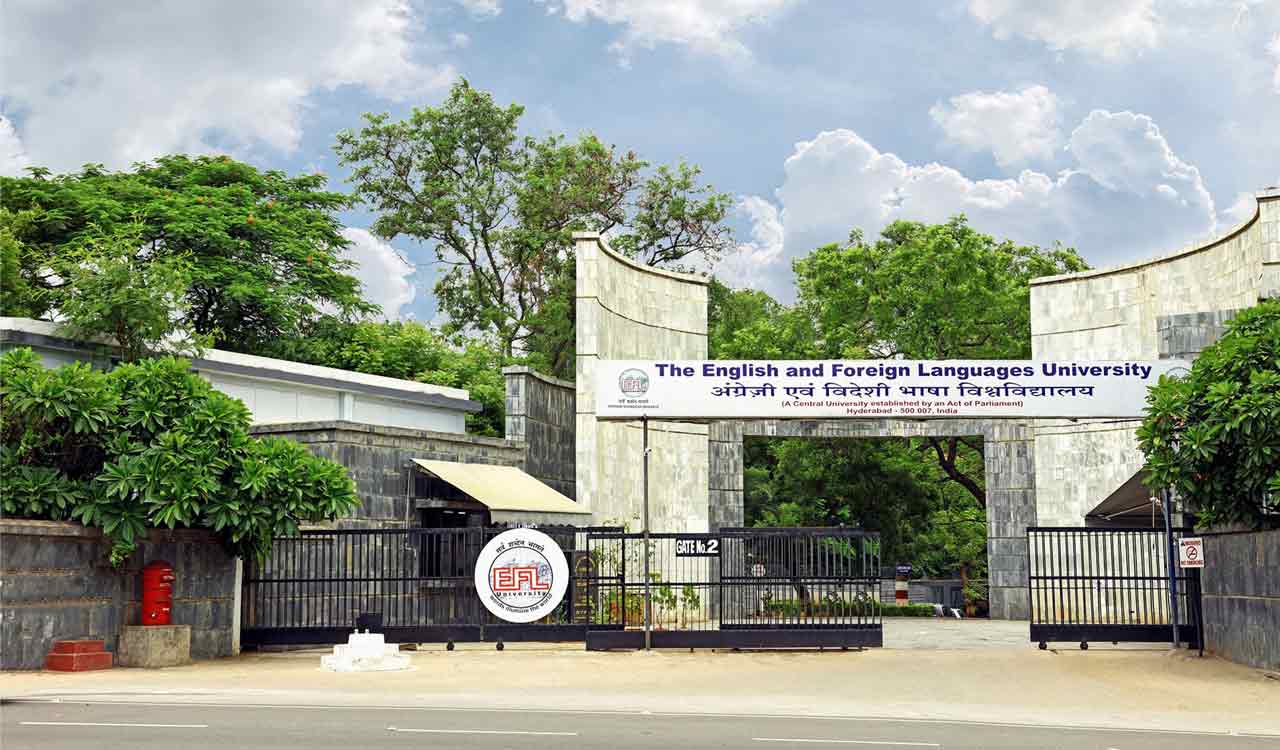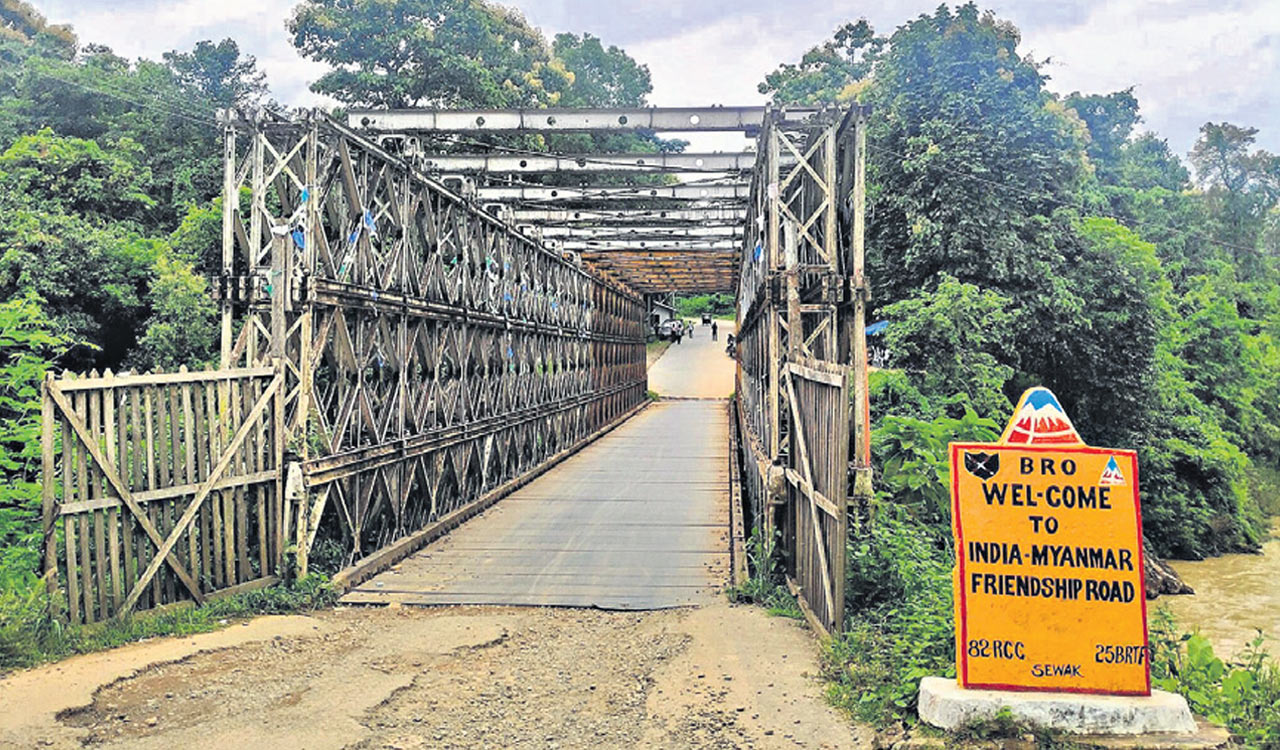Editorial: Wounded Manipur awaits solution
The deteriorating situation in the State exposes the abdication of responsibility by the political parties

Manipur continues to burn. The fresh escalation of violence comes as a grim reminder of the failure of the State and central governments in addressing the crisis. The wounds of the strife-torn northeast State need a soothing balm; a healing touch that encompasses all the affected communities. A political solution involving civil society is the only way forward. The onus is on the central government to step in and arrest the tide of ethnic violence involving the two warring communities: Meiteis and Kukis. The recent killing of two women — one was gunned down and the other burnt alive — demonstrated the sheer brazenness of militants. Subsequently, the security forces neutralised 10 suspected militants in Jiribam district, the highest number of casualties in a single day this year. The deteriorating situation exposes the abdication of responsibility by the political parties to bring under control the smouldering ethnic conflict that has continued to roil the State since May last year. More than 200 people have been killed and thousands rendered homeless in ethnic clashes. The State has turned out to be a bad example for the BJP’s oft-repeated slogan of ‘double-engine ki sarkar’. Despite his inept handling of the situation, Chief Minister N Biren Singh continues to be in the saddle, with the BJP high command stubbornly persistent with him. Biren’s troubles are mounting, with a Kuki organisation demanding a court-monitored SIT probe into his alleged role in inciting ethnic violence. The outfit has approached the Supreme Court on the basis of some leaked audio clips.
With the court asserting that it does not appreciate any attempt to “brush things under the carpet”, the CM’s position has become even more untenable. The onus is on the petitioner to prove the authenticity of these potentially damning clips. The NDA government’s attempts to bring the warring sides to the negotiating table have remained unsuccessful. There is a huge disconnect between the Centre and the local people, whose concerns and aspirations remain unaddressed. Two of its contentious decisions — fencing the India-Myanmar border and scrapping the Free Movement Regime — have been staunchly opposed by several tribal organisations in Manipur, citing a threat to the social, cultural and economic ties between tribal communities on both sides of the border, but the Centre seems to be in no mood to do a rethink. While security forces continue with their targeted operations against miscreants, Manipur’s genuine civil society, cutting across ethnic divides, must be encouraged to reverse social polarisation. It is they who should be leading the discourse, not armed groups — supported by political elements — on both sides. The cause of the present crisis lies in the demand by the Meitei community for Scheduled Tribe status and a strong pushback by Kukis, who inhabit the hilly regions. Instead of addressing the elephant in the room, the Centre and State governments sought to frame it as a law-and-order problem.
Related News
-
Former Home Secretary Ajay Kumar Bhalla appointed Manipur Governor, Kerala Governor shifted to Bihar
-
Telangana HC says Centre’s rejection of Subbarama Reddy murder convict’s remission ‘without proper consideration’
-
Leadership crisis at EFLU: University struggles without permanent VC for over a year
-
Opinion: Good fences, unhappy neighbours?
-
Save future of Telangana NEET PG aspirants, IMA writes to CM Revanth Reddy
32 mins ago -
Telangana techie loses Rs 4.15 lakh to online gold trading fraud
1 hour ago -
Hyderabad: Couple working as house help at doctor’s residence held for theft
1 hour ago -
Hyderabad auto driver foils attempt to kidnap young woman, five held
2 hours ago -
Haiti gang attack on journalists covering hospital reopening leaves 2 dead, several wounded
3 hours ago -
21 dead as Mozambique erupts in violence after election court ruling
4 hours ago -
Cartoon Today on December 25, 2024
11 hours ago -
Sandhya Theatre stampede case: Allu Arjun questioned for 3 hours by Chikkadpallly police
12 hours ago




